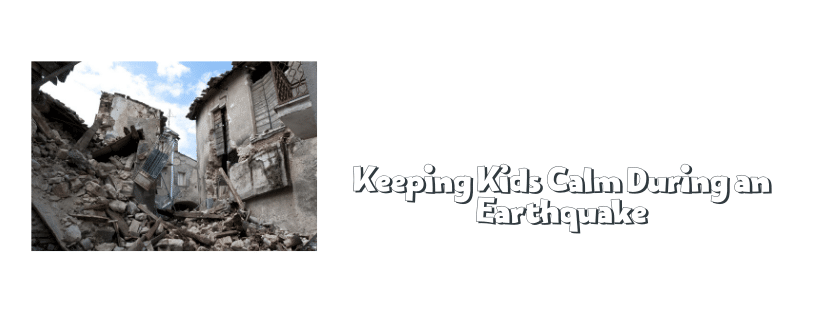Stay Put or Run – Should You Evacuate During an Earthquake?
If your home is rocked by a major earthquake, you may not be required to evacuate. You may not need to leave at all and if you do leave, you might be able to return soon. The most important thing is to be as safe as possible, whether that means leaving or staying.
After the Shaking Stops
There’s a simple rule of thumb for people at home during earthquakes. During the shaking, take cover inside the house. When it stops, get outside. Once outside, you can assess the situation and decide whether it’s safe to reenter the house. You’ll also be in a safer place if there are large aftershocks.
To be perfectly safe, wait outside for word from the authorities before reentering. Soon after a major quake, they will assess the damage and inform residents by radio and whatever other media they can. If they say it’s alright to return home, you can return.
When to Get Out
There are several cases where you’re in immediate danger and should leave quickly. These include:
* Damage to the Building. If you can see damage to the building anywhere, especially to walls, ceilings, or roofs, you should leave. There’s a chance that building materials can fall on you even after the shaking has stopped.
* Gas Smell or a Hissing Sound. This smell or sound means that the gas mains have been ruptured. Your home is a time bomb that could explode at any minute. Leave immediately and don’t return until authorities say it’s safe.
If your house is old, you may have structural damage you can’t see. Older houses sometimes have piecemeal foundations holding them up rather than the strong, solid foundations houses are built with today. If your house has a solid foundation, it’s probably safe.
Earthquakes and Skyscrapers
If you’re in a tall building in an urban area, you’re better off staying put. Elevators may be inoperable and this means there will be a mad rush to get outside clogging the stairways.
In an urban area, the street below may actually be more dangerous than inside the buildings. Modern skyscrapers are built to withstand earthquakes. They may sway but they won’t fall down. On the street below, there could be glass and other debris falling from the surrounding buildings, not to mention other outside risks such as power lines, falling signs, and large objects toppling over.
If you’re in a tall building, duck and cover. Once the shaking stops, stay where you are and listen for announcements to be made over the building’s speaker system. If the building needs to be evacuated, there will be a procedure to it (for example, floor by floor), so follow instructions.
Those in Need of Help
One more factor to consider is who you need to evacuate. If you have household members that are elderly, disabled or pregnant, it may be difficult to evacuate. You may choose to stay in the house unless it’s absolutely necessary.
To recap:
* If you’re at home during an earthquake, don’t run out of the house. Duck and cover wherever you are.
* Once the shaking stops, walk carefully out of the house. Meet with others and assess the damage before you decide whether it’s safe to return home.
For more information on this topic visit: Disaster Preparedness 2013



